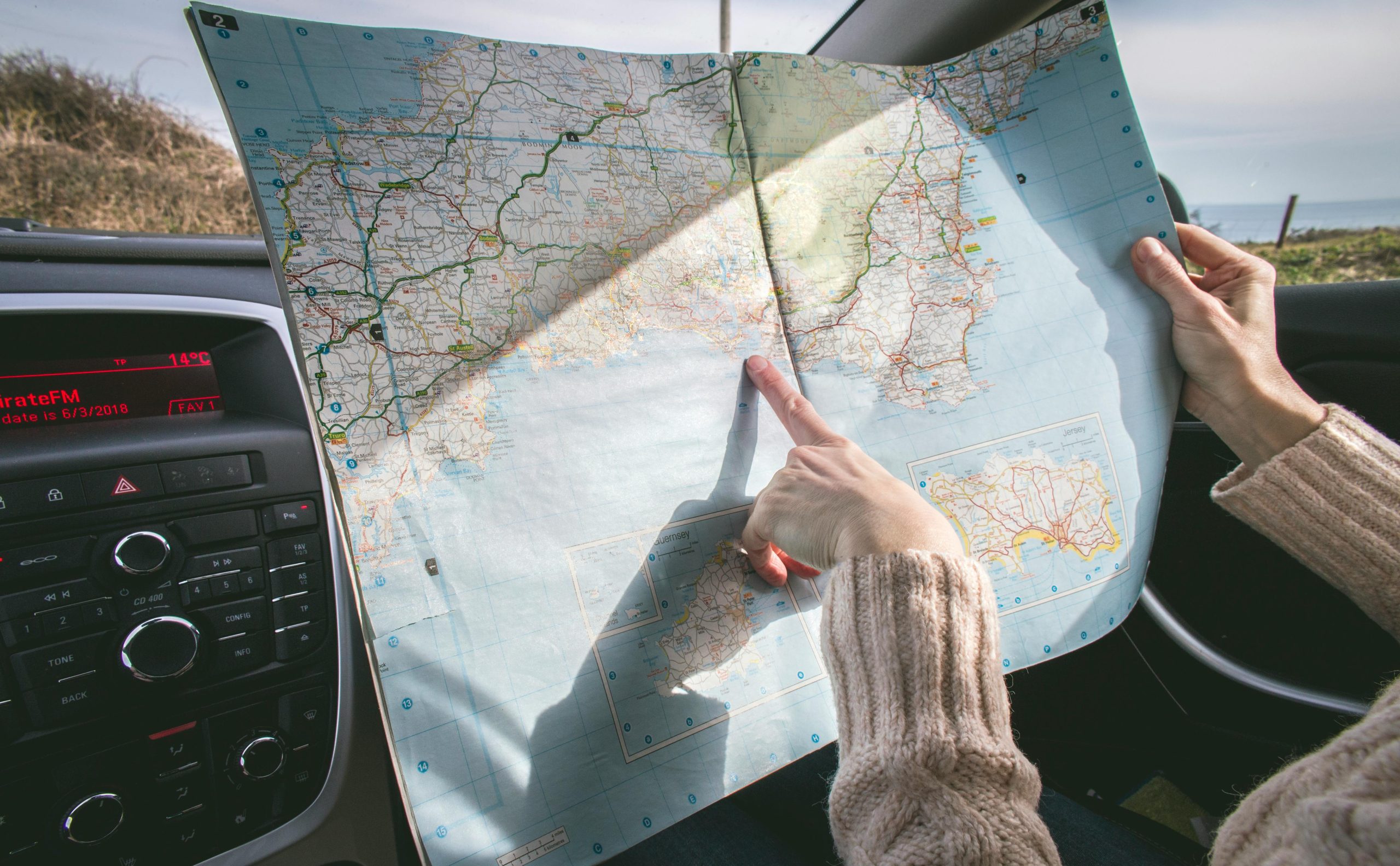For many, travel is synonymous with relaxation and escape. But there’s a deeper purpose beneath the surface. Travel allows us to step away from daily routines, which often leads to personal growth and self-discovery. Learn more information about golfreiser.
For thrill-seekers, adventure travel provides experiences like mountain climbing, scuba diving, or bungee jumping. It’s a way to push physical and mental boundaries, often in remote and untouched areas.
Cultural travelers aim to connect with the history, customs, and traditions of a place. This often involves visiting museums, historical sites, and local festivals, providing a rich context for the traveler’s experience.

Growing in popularity, eco-travel emphasizes sustainability and environmental consciousness. It promotes travel to natural areas, minimizing the impact on local ecosystems and supporting conservation efforts.

Explore options that align with your interests, whether cultural landmarks, natural scenery, or vibrant urban settings. Online travel guides, blogs, and reviews provide invaluable insights into destinations worldwide.
Setting a budget can help you make informed decisions about accommodations, dining, and activities. Consider transportation costs, daily expenses, and some extra for unexpected splurges or emergencies.
Packing smartly can make all the difference. Essentials include appropriate clothing, travel-sized toiletries, and digital gadgets like a portable charger and camera. For international travel, remember passports, visas, and any necessary vaccinations.
One of the most rewarding aspects of travel is experiencing different cultures. Embracing local customs enriches your travel experience and shows respect for the places and people you visit.
This could mean learning a few basic phrases in the local language, dressing appropriately for religious sites, or understanding local etiquette.
Traveling often challenges us in ways that encourage growth. Being in unfamiliar environments forces us to adapt, communicate effectively, and make decisions. Solo travel, in particular, is a profound way to learn about oneself. Without the comfort of familiar surroundings or company, travelers often gain greater confidence and clarity.
For instance, overcoming language barriers or navigating unknown cities fosters resilience and problem-solving skills. Even setbacks, such as missed flights or wrong turns, contribute to valuable lessons.
As travel becomes more accessible, the industry is making strides toward sustainable practices. Conscious travelers are increasingly opting for eco-friendly options, from green accommodations to carbon-neutral flights.
Many hotels and lodgings prioritize sustainability by reducing waste, using renewable energy sources, and conserving water. Websites like Green Globe and EarthCheck help travelers find such accommodations.
Spending at locally-owned restaurants, shops, and tour services contributes directly to the local economy. Avoiding chain restaurants or global brands allows for more authentic experiences and helps small businesses thrive.
Being aware of your environmental footprint can go a long way. Simple actions like using reusable water bottles, avoiding plastic packaging, and respecting natural habitats make a difference.
With remote work on the rise, more people are choosing to work from anywhere in the world. This trend, known as “workcations,” combines work and travel, allowing professionals to work remotely while exploring new places.
Travel is an investment in oneself. It offers us the chance to grow, learn, and connect with a world beyond our own. In a rapidly globalizing world, travel promotes understanding, tolerance, and empathy—qualities needed to build a more peaceful and connected society.
Exploring the hidden wonders of your own country or venturing across oceans to a foreign land, every journey brings with it a treasure of experiences.
